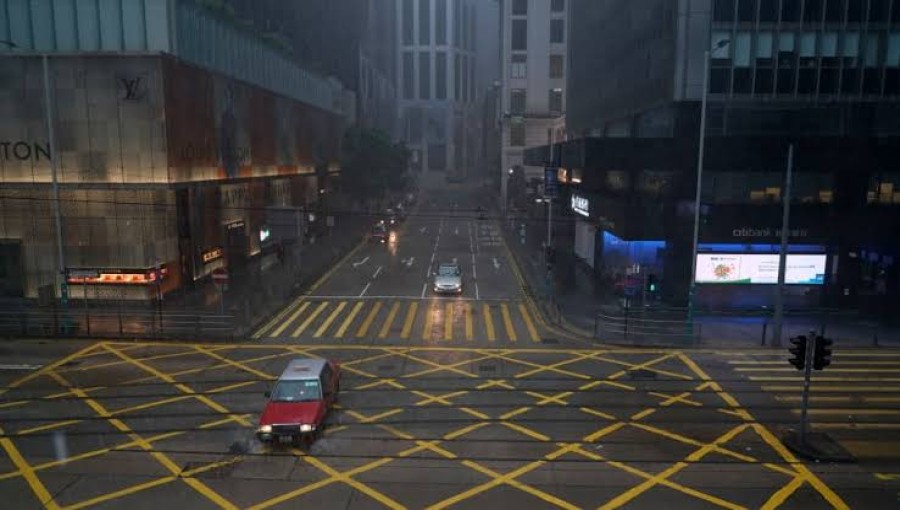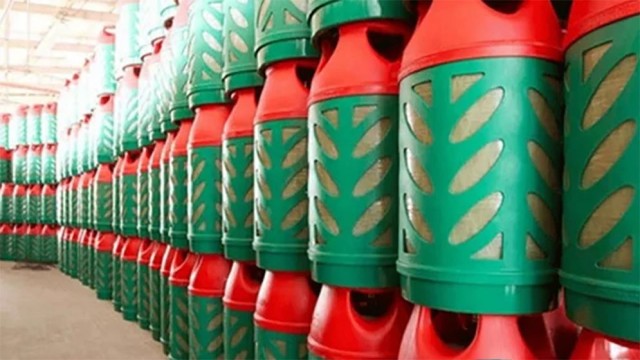Hong Kong's stock exchange will maintain trading operations during typhoons and heavy storms starting in September, as announced by the city's leader on Tuesday. Previously, trading was suspended when a strong typhoon signal or "black rainstorm warning" was issued, resulting in several lost trading days each year.
Southern China regularly experiences seasonal typhoons in the latter half of the year, but climate change has increased the unpredictability and intensity of these storms.
John Lee announced that from September 23, investors can trade as usual "when the typhoon signal number eight or above is hoisted in Hong Kong, or even during a black rainstorm warning." He noted that both Shenzhen and Shanghai continue trading during bad weather, suggesting Hong Kong should follow suit as an international financial center. Lee believes that non-stop trading during inclement weather will enhance the competitiveness of the Hong Kong Exchange and that the September start date will allow the industry time to prepare.
Katerine Kou, chair of the Hong Kong Securities Association, mentioned that discussions about this move had been ongoing for a year, considering Hong Kong's role as a crucial link between the Chinese and global markets. She stated that this change aims to improve Hong Kong's global competitiveness and is seen as a positive step.
Last year, Hong Kong issued its highest T10 warning for Typhoon Saola, a rare event that has occurred only 16 times since World War II. Shortly after Saola, the city experienced its heaviest rainfall in nearly 140 years, causing significant flooding and disruption.
A consultation paper from the city's bourse highlighted that severe weather impacted trading four times in 2023, including three full-day market suspensions. The paper emphasized that during such suspensions, investors cannot manage their portfolios and face potential market risks, especially when markets for their underlying positions remain open.






























Comment: